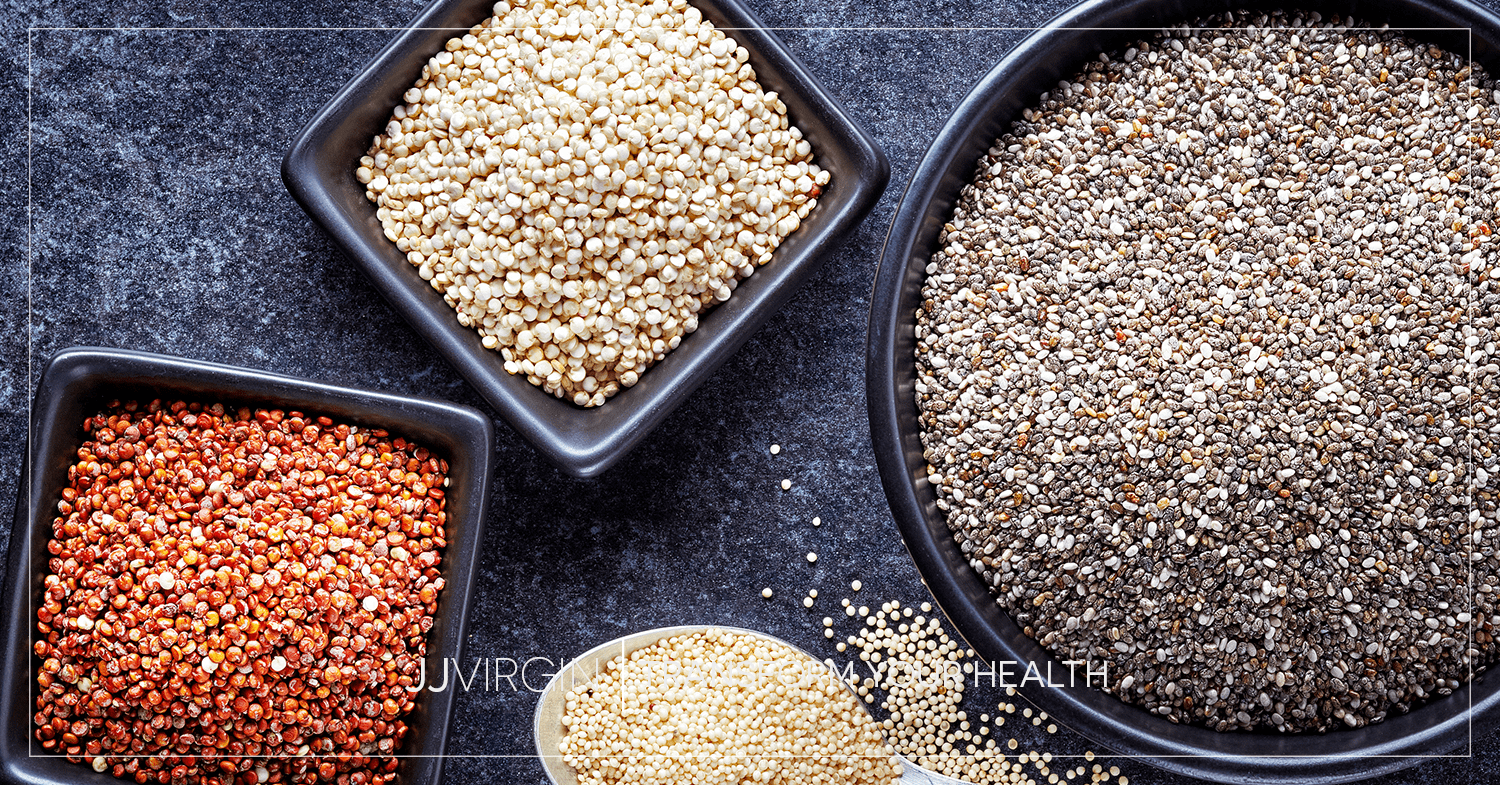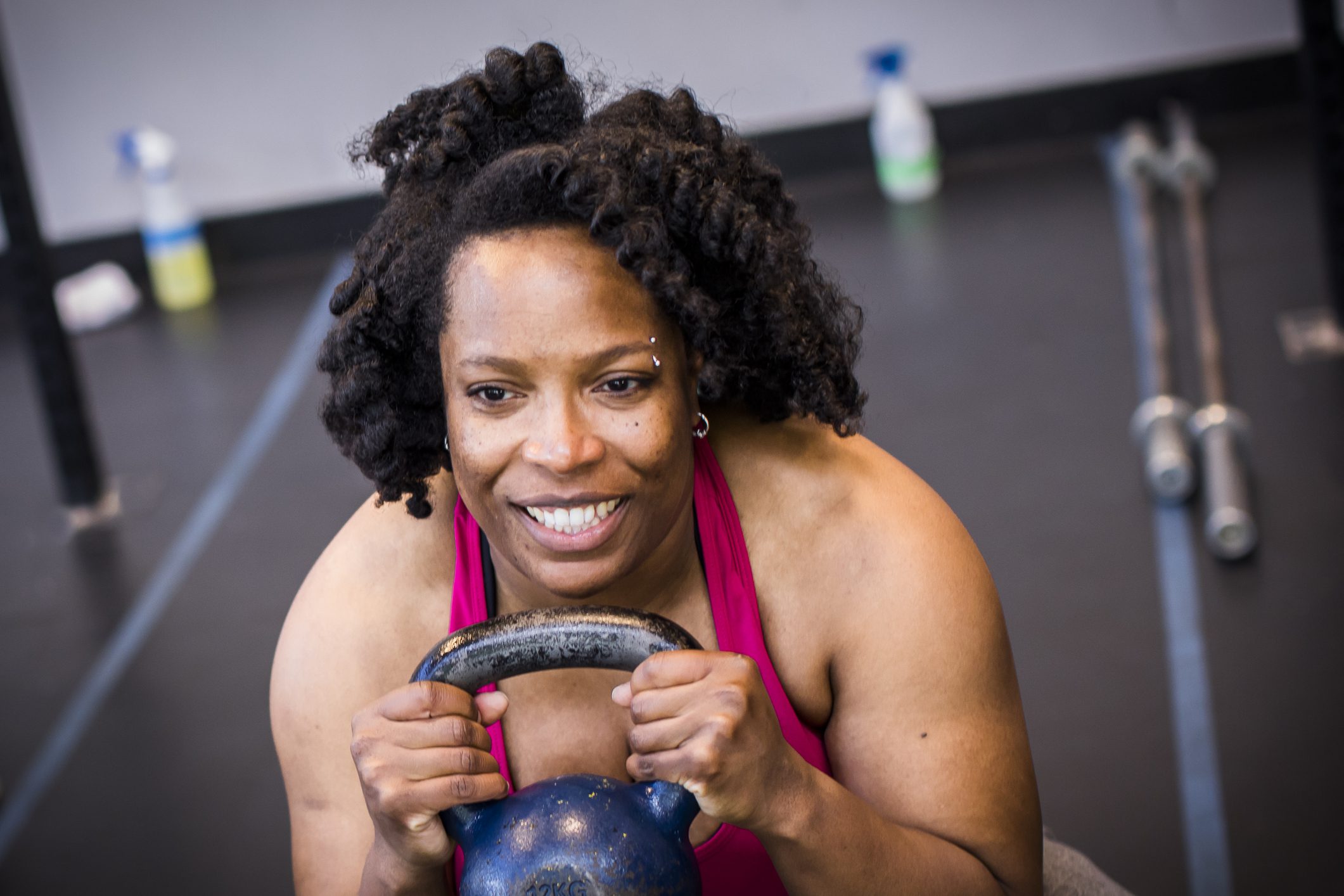Don’t believe the hype – carbs are not the enemy!
I know carbohydrates have a bad reputation as the source of weight gain, but they are actually an important part of your diet. The key is to choose the right ones.
So what are healthy carbs?
The 15 foods below are all healthy, slow-low carbohydrates.
That means they’re absorbed slowly, so they help with digestion and fat burning. They’re also low-sugar impact – they don’t cause inflammation-inducing spikes in blood glucose or insulin.
Slow-low carbs are actually one of your biggest allies in losing weight, crushing cravings, and making the most of the other nutrients in your diet! A balanced plate has 1-2 servings of healthy carbs like the ones below…
Top 15 Healthy Carbs:
- Lentils (1 serving = 1 cup cooked lentils)
- Quinoa (1 serving = 1 cup cooked quinoa)
- Blueberries (1 serving = 1/2 cup fresh berries)
- Butternut squash (1 serving = 1 cup cooked, cubed squash)
- Tomatoes (1 serving = 1 cup chopped fresh or cooked tomato)
- Black beans (1 serving = 1 cup cooked beans)
- Chickpeas or hummus (1 serving = 1 cup cooked chickpeas or 1/4 cup hummus)
- Raspberries (1 serving = 1/2 cup fresh berries)
- Sweet potatoes (1 serving = 1 cup cooked, cubed sweet potato)
- Cranberries (1 serving = 1/2 cup fresh berries, cooked)
- Wild rice (1 serving = 1 cup cooked wild rice)
- Chia seeds (1 serving = 1 tablespoon chia seeds)
- Gluten-free oats* (1 serving = 1/2 cup uncooked steel-cut oats or 1 cup rolled oats)
- Green beans (1 serving = 1 cup cooked beans)
- Pumpkin or kabocha squash (1 serving = 1 cup cooked, cubed squash)
Remember, you can also load up your plate with as many non-starchy vegetables as you like. My favorites include Brussel’s sprouts, leafy greens like spinach or kale, broccoli, and artichokes.
While low-carb plans like keto diets have gained popularity, eliminating carbs from your diet can cause dangerous health issues. Instead, focus on eating slow-low carbs to help burn fat and keep your appetite in check.
“Where do I start?” I get that question a lot. That’s why it’s so important to have a roadmap you can trust. A roadmap that breaks down your health journey into small, manageable steps. Download my Ultimate Health Roadmap and take control of your health… one step at a time. Get your FREE guide here.
*Occasionally, people with a gluten intolerance are also sensitive to oats. Be sure to monitor your symptoms when you eat oats so you know whether they’re a safe option for you.
The views in this blog by JJ Virgin should never be used as a substitute for professional medical advice. Please work with a healthcare practitioner concerning any medical problem or concern. The information here is not intended to diagnose, treat, or prevent any disease or condition. Statements contained here have not been evaluated by the Food and Drug Administration.






